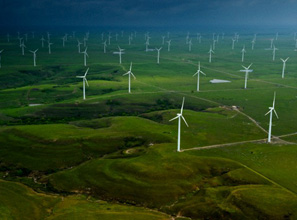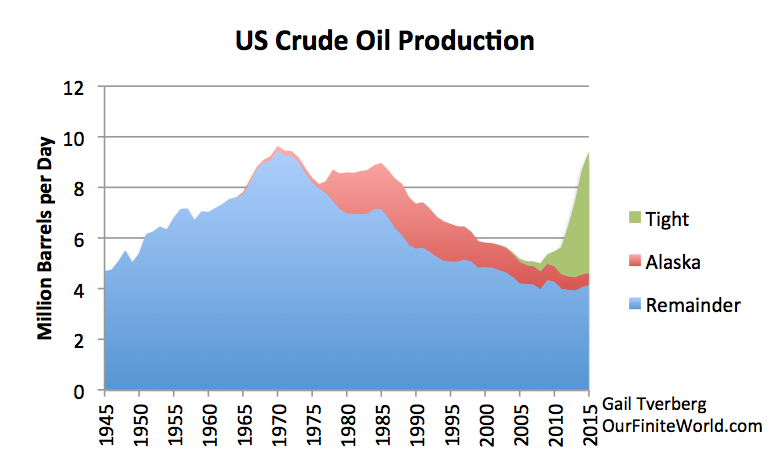“First is conservation. That’s the missing piece in most proposals for dealing with peak oil. The chasm into which so many well-intentioned projects have tumbled over the last decade is that nothing available to us can support the raw extravagance of energy and resource consumption we’re used to, once cheap abundant fossil fuels aren’t there any more, so—ahem—we have to use less. Too much talk about using less in recent years, though, has been limited to urging energy and resource abstinence as a badge of moral purity, and—well, let’s just say that abstinence education did about as much good there as it does in any other context.
The things that played the largest role in hammering down US energy consumption in the 1970s energy crisis were unromantic but effective techniques such as insulation, weatherstripping, and the like, all of which allow a smaller amount of energy to do the work previously done by more. Similar initiatives were tried out in business and industry, with good results; expanding public transit and passenger rail did the same thing in a different context, and so on. All of these are essential parts of any serious response to the end of cheap energy. If your proposed bargain makes conservation the core of your response to fossil fuel and resource depletion, in other words, you’ll face no criticism from me.
Second is decentralization. One of the things that makes potential failures in today’s large-scale industrial infrastructures so threatening is that so many people are dependent on single systems. Too many recent green-energy projects have tried to head further down the same dangerous slope, making whole continents dependent on a handful of pipelines, power grids, or what have you. In an age of declining energy and resource availability, coupled with a rising tide of crises, the way to ensure resilience and stability is to decentralize intead: to make each locality able to meet as many of its own needs as possible, so that troubles in one area don’t automatically propagate to others, and an area that suffers a systems failure can receive help from nearby places where everything still works.
p2pfoundation

















